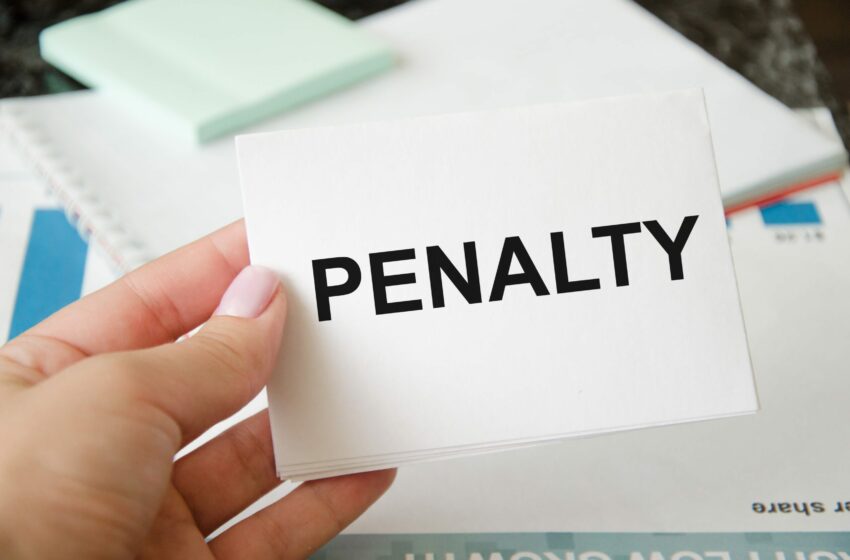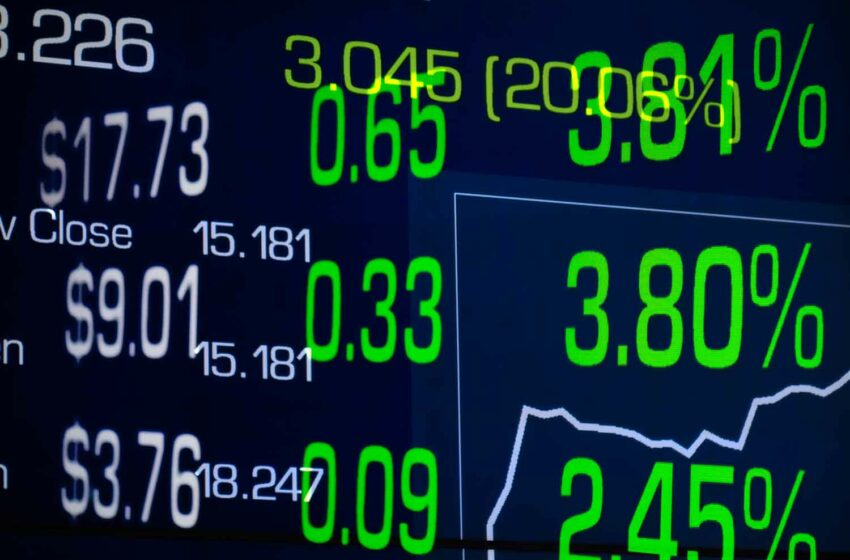
Is a menthol ban appropriate for the protection of public health? Hopes, concerns and a reality check
By Cheryl K. Olson
Is a U.S. menthol ban finally coming? The 2009 Tobacco Control Act exempted menthol cigarettes from its blanket ban on candy and fruit flavors. Menthol was left out, according to CNN, due to “serious lobbying from the industry.”
As the Washington Post reported, plans to finalize the rule have been made—and postponed—multiple times by the Biden administration. The announcement of a finalized rule was planned for this month.
The Food and Drug Administration first announced its “proposed product standards to prohibit menthol as a characterizing flavor in cigarettes” back in April 2022. The stated purpose? To reduce appeal to and experimentation by youth that will lead to regular smoking addiction and to reduce disease and death among adults via fewer cigarettes smoked and more quitting. A ban is also “expected to reduce tobacco-related health disparities.” The ban would target making and selling not individual possession or use.
Concerns that banning menthol could exacerbate waning enthusiasm for Biden among Black voters appears to be one factor behind the delay. (Hoping to capitalize on this, one conservative group is reportedly testing menthol-focused ads on Black South Carolina primary election voters.) Four in five Black adults who smoke report choosing menthols.
The National Association for the Advancement of Colored People, a venerable advocacy organization for Black Americans, supports a federal menthol ban. In a Jan. 12 press release, its senior vice president of global policy called out “the relentless predatory marketing of menthol-flavored cigarettes, [which] has inflicted devastating consequences on Black communities.” This included ads in Black-oriented media, such as Ebony magazine, and sponsored events, such as the Kool Jazz Festival.
Other organizations, such as Reverend Al Sharpton’s National Action Network, have argued against singling out menthol for a ban. Sharpton has expressed concern that a menthol focus could increase over-policing of Black communities, pointing to the New York City police killing of Eric Garner, who was suspected of selling “loosie” untaxed cigarettes.
“The illicit market is always open and doesn’t check IDs.”
Why Menthol?
In the U.S., menthol has been added to cigarettes for at least 100 years, at times promoted as throat-soothing for coughs and colds. National government surveys find that, as smoking rates overall trend down, the proportion of menthols smoked has crept up.
These surveys show that menthol smoking is disproportionately higher among subgroups of people regulators consider disadvantaged or vulnerable. This includes Black and Hispanic adults who smoke, young adults, women and persons reporting serious psychological distress.
Concern that menthol may be a drag on cessation rates has boosted support for a ban. Because it reduces irritation, menthol may make it easier to start smoking. It’s used more often by people who smoke intermittently or experimentally. Researchers have called for more studies to parse and prove a causal role for menthol in increasing smoking and deterring quitting.
In this century, smoking rates have been stagnant among African-American adults who smoke. A 2020 analysis of U.S. studies did not find an overall effect of menthol on smoking cessation but did find that among African-Americans who smoked, use of menthol was linked to 12 percent lower odds of quitting.
Can bans help people quit smoking? To some degree, yes. Pooled results from a 2024 systematic review and meta-analysis of English-language menthol ban studies found that 24 percent of those who smoked menthols had quit cigarettes a year or two later. But results varied widely; bans took place under a variety of conditions, and most of the studies included had small or unrepresentative samples.
For example, a survey of San Francisco’s ban of menthol and other flavors in all tobacco products found decreased flavored e-cigarette and cigar use and a slight uptick in smoking. The study used a small convenience sample of 247 young adults. Even rigorous economic studies of bans admit to trouble tracking illicit and cross-border sales and other workarounds.
Regulators are aware of the need for better research. The FDA recently awarded a $3.6 million grant to researchers at the Medical University of South Carolina to study whether banning menthol in cigarettes (and e-cigarettes) would increase quitting or switching. Meanwhile, Rutgers University received two grants totaling $7 million via the National Institutes of Health to study anticipated “disinformation” from industry, aimed at Black and Hispanic young adults, that could “undermine the impact of a ban on menthol cigarettes and flavored cigars.”
What Could Go Wrong?
The FDA expects minimal illegal trade in event of a ban. Richard Marianos disagrees. He is a retired assistant director at the U.S. Bureau of Alcohol, Tobacco, Firearms and Explosives and a faculty member at Georgetown University. Marianos says banning products creates crime.
Illicit sales of individual cigarettes and contraband packs are already problematic, in part because taxes have driven up costs. Marianos showed me photos of several men, one with a gun in his waistband, at an illegal sales spot outside of a Washington, D.C., Metro station.
“People come off the train, buy four loosies from the spot, then ration them out during the day,” he says. “You can get your marijuana, your cocaine and your Newports.”
The flavor ban in California has sparked increased robberies of convenience stores across the border in Arizona, according to Marianos. “A pack of menthol cigarettes that they can steal and sell for $2 apiece at the spot derives a greater profit than a cash register robbery,” he says. “I have videos of crews hitting a Circle K or Wawa, jumping over the counter, sticking up the clerk and—like Santa—putting the cigarettes into a gigantic tarp and taking off.”
A Canadian study of intended and unintended effects of their menthol ban found that many people purchased menthols on First Nations reserves, where the ban did not apply. Marianos expects that Native American reservations in the U.S. would similarly help meet demand.
The practical path forward for advocates of an enforceable menthol cigarette ban is to actively promote harm reduction.
Menthol Workarounds
The assumption by many tobacco control advocates that Big Tobacco will sabotage menthol bans overlooks the likely ingenuity of individuals. Marianos described one case he ran across: “A guy was going on eBay and buying menthol crystals, spraying regular cigarettes in his basement and then selling them on the corner as menthols.”
Noting that products to alter cigarette characteristics are illegal under the proposed rule, “FDA does not anticipate a substantial number of individuals would utilize such products.”
Researchers have documented sales of flavor cards and menthol drops in Canada and various flavor accessories in the European Union to circumvent their menthol bans—predictably leading to calls to ban those items too.
“The illicit market is always open and doesn’t check IDs,” notes Nicholas “Grimm” Green, a YouTuber and tobacco harm reduction advocate. “As long as $10 ‘menthol injectors’ exist on Amazon, the idea of a menthol ban is silly.”
That’s not to say that companies won’t do their part to circumvent a menthol ban. “Tobacco companies have already introduced nonmenthol-menthol cigarettes into the market in California,” says Green. Further, enforcement is lax. “Menthol disposable vapes are available at almost every gas station and head shop in the state,” he adds.
The California ban, approved by voter referendum, went into effect in December 2022. It covers not just menthol cigarettes but nearly all flavored nicotine products. Researchers have found synthetic cooling agents that give menthol-like effects in cigarettes sold in that state. A journalist from STAT News found widespread sales of flavored products, even in cities that had their own longstanding flavor bans.
Legal Hurdles
If the menthol rule comes to pass, store shelves aren’t immediately cleared. Flavor bans enacted by states can take effect within months. Because the proposed federal ban comes out of the FDA’s complex rule-making process, it could take years.
“If they publish that rule on a Monday, the next day, you’ll see a legal challenge filed to prevent it from ever going into effect,” says Jeffrey Weiss, partner at Flagstaff Ventures and formerly chief engagement officer and general counsel at Njoy.
He predicts a dead-end fate for the menthol ban, similar to that of the final rule requiring graphic health warnings on cigarette packs. Why?
U.S. law requires that adoption of tobacco product standards must be appropriate for the protection of public health. In supplementary information to the proposed menthol rule, the FDA cites research, including population models and expert opinions, on what is expected to happen after a menthol ban.
“They model that a certain percentage will switch to tobacco cigarettes, a percentage will buy black market menthol cigarettes, a percentage will quit and a percentage will switch to an e-cigarette, primarily menthol,” Weiss says. “But that model doesn’t actually exist—in the sense that there are no authorized menthol e-cigarettes for smokers to switch to.”
Post-ban, more menthol users are expected to switch to menthol e-cigarettes than to quit using tobacco. In sum, much of the health benefit from banning menthol is supposed to come via unauthorized product use. Products that are themselves banned in a growing number of states and localities.
Regulators are not unaware of this conundrum. FDA Commissioner Robert Califf has publicly expressed concern about the difficulties that people dependent on menthol cigarettes will face if the products are taken away. For example, he remarked at a 2023 Congressional budget hearing, “[W]here do they [menthol users] go to get help, coming off of a terrible addiction? Our healthcare systems are not set up to deal with that right now.”
What about evidence for a menthol ban preventing harm to youth? The respected nationally representative Monitoring the Future study found that past-month menthol and nonmenthol cigarette use by non-Hispanic black teens is now less than 1 percent. It’s fallen so low in recent years that “prevalence levels approach a floor effect.” Moreover, today’s Black adolescents use menthol cigarettes at lower levels than non-Black youth.
A Better Way?
Given the high risk of unintended effects and the limited certainty of benefits, is a menthol ban our best plan? “It would be best if the government would think first in the direction of ‘how can we affirmatively help people make positive change?’” Weiss says. “Because prohibitions are hard and costly to enforce.”
The lack of authorized reduced-harm menthol or mint products is just part of the problem. Another is the FDA’s limited and ambivalent reduced-risk communications.
Weiss points to the FDA’s routine tweeting of its one-page list of 23 authorized e-cigarette products. At the bottom of the page is a disclaimer: Being authorized “does not mean that these products are safe nor are they ‘FDA approved.’ All tobacco products are harmful.”
“If you want a current menthol smoker who can’t completely quit to switch to a regulated reduced-harm product—how are they going to do that when you’re telling them that none of these products are safe?” says Weiss. “If it’s an unsafe product, why is that a better choice for me” than a tobacco-flavored cigarette or an illicit menthol one?
Active promotion of reduced-harm menthol alternatives seems a sensible way to limit ban backfires. A rigorous laboratory study of adults who smoked menthol cigarettes daily found that menthol-flavored e-cigarettes outshone tobacco-flavored ones in reducing cigarette cravings—including urges to smoke for pleasure. According to the authors (affiliated with prominent universities), this is a known strong predictor of successful smoking cessation.
The practical path forward for advocates of an enforceable menthol cigarette ban is to actively promote harm reduction. “Encourage FDA to start authorizing menthol e-cigarettes, among other things, so that these smokers would have something to switch to,” says Weiss. “And to make it more likely that a menthol ban could withstand a legal challenge.”












